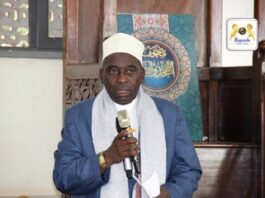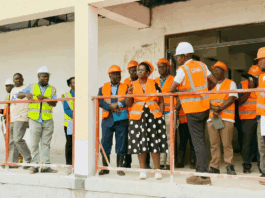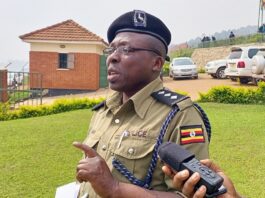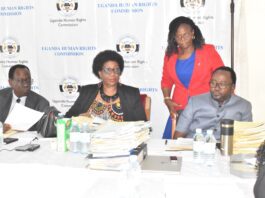Makerere University has announced its intentions to begin teaching students interested in pursuing PhD’s in Kiswahili in 2025.
Boaz Mutungi, a lecturer in the Department of African Languages (Kiswahili) at Makerere University, made the revelation while appearing before Parliament’s Committee on Gender, Labour, and Social Development on August 15, 2024, to present their views on the proposed Uganda National Kiswahili Council Bill 2023.
“Like other universities, we have been teaching Kiswahili. Makerere University began as a research institution under the former East African Community in the 1930s, took a break, and then resumed teaching Kiswahili in the 1990s. Since then, it has been taught throughout, and we teach at the undergraduate and graduate levels. I believe that in the coming academic year, we will begin teaching PhD’s in Kiswahili because we already have over six PhD’s, and the two that remain are also completing,” Mutungi said.
He also called for the inclusion of religious leaders on the Uganda National Kiswahili Council, arguing that most of the schools in Uganda have a religious background, which will play a critical role in the adoption of Kiswahili in Uganda.
“Adding one representative from faith-based organizations through the Inter-religious Council of Uganda is key to our education systems since they are the main foundation bodies of most education institutions,” Mutungi added.
Mutungi also rejected the proposal in clause 6(1) to limit membership in the Council to only Uganda People’s Defence Forces (UPDF), instead proposing that membership be prescribed to Uganda Armed Forces in order to allow other forces, such as Uganda Police, to join the Council at any time.
According to Article 6(2) of the Republic of Uganda’s constitution, Kiswahili is recognized as the second official language and is to be utilized in circumstances determined by Parliament through legislation.
This initiative aims to facilitate unity within the community, particularly benefiting Uganda by empowering its citizens to engage with other east African countries and pursue opportunities in the region that may be limited by language barriers.










